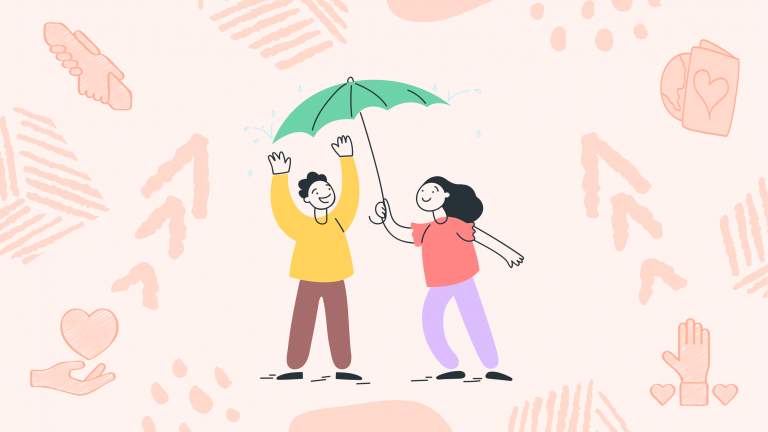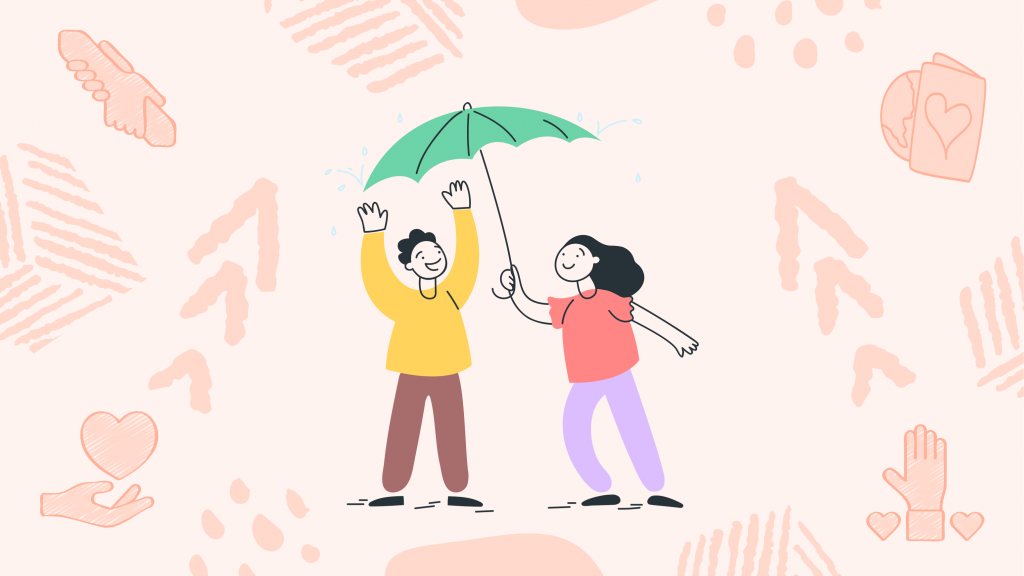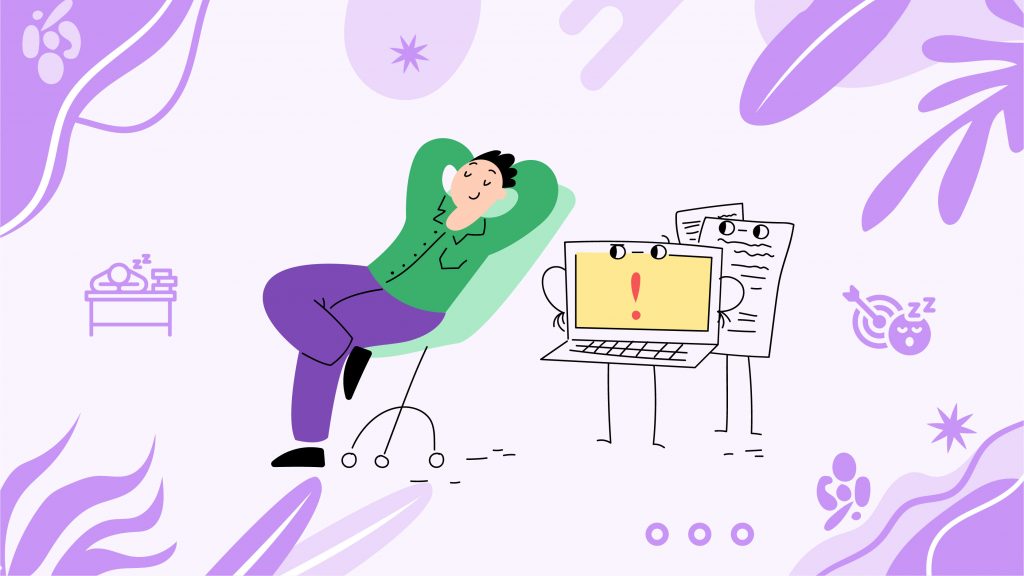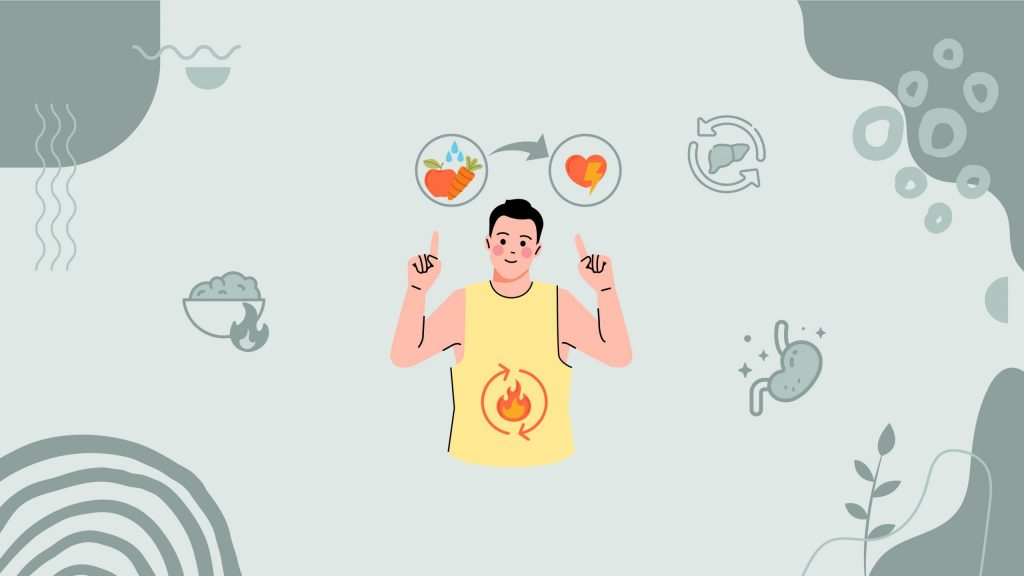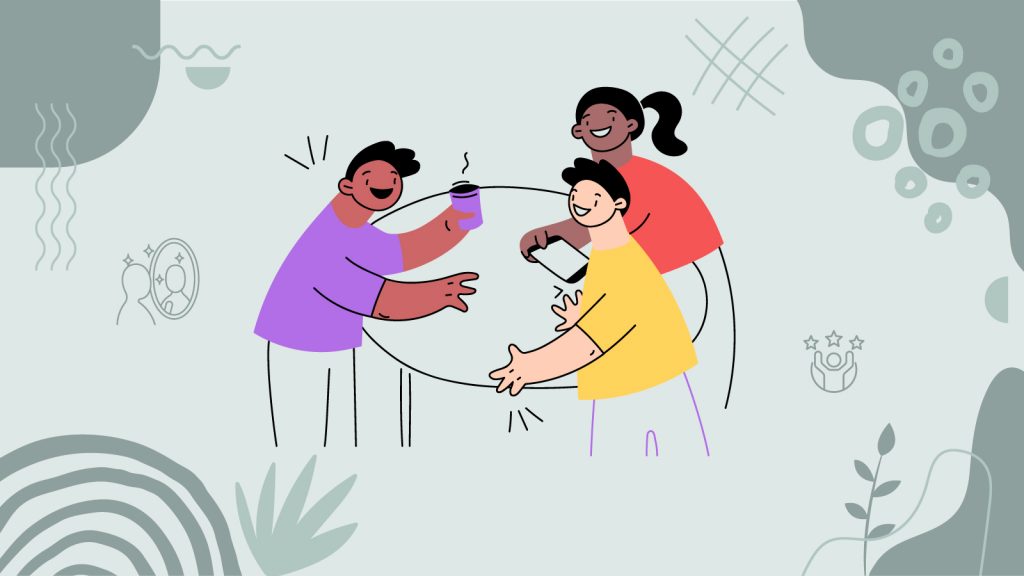The Compassion Challenge
The Compassion Challenge, it’s quite the journey, isn’t it? In the whirlwind of our daily grind, where everything moves at lightning speed and personal connections sometimes feel like they’re on the back burner, holding onto compassion can seem like a Herculean task.
We all know deep down how good it feels to be kind and understanding, but let’s be real: when you’re racing against the clock, or when it’s all about getting ahead, those warm, fuzzy feelings of empathy can get lost in the shuffle.
It’s like every day, we’re walking a tightrope between caring for others and keeping up with our own stuff, and all too often, our good intentions end up taking a nosedive into the abyss of our packed calendars and relentless ambitions.
This challenge is all about diving into that tug-of-war, trying to figure out how we can cling to our compassionate core in a world that sometimes seems too busy to care.
The Roots of Compassion
Compassion is more than an emotional response; it’s a complex interplay of thoughts, feelings, and biological mechanisms. Neurologically, compassion involves several brain areas, including the amygdala, which processes emotions, and the prefrontal cortex, which handles empathy and moral reasoning. When we witness someone else’s suffering, these brain regions activate, eliciting feelings of care and concern.
On a neurochemical level, engaging in compassionate acts triggers the release of oxytocin, often called the “love hormone,” which enhances feelings of social bonding and trust. Additionally, acts of kindness can increase levels of serotonin and endorphins, boosting our mood and creating a sense of well-being.
However, the path of compassion can be obstructed by various factors, including stress, which can hijack our brain’s resources and focus them on self-preservation, and cultural or societal influences that may prioritize individual success over collective well-being.
Understanding these neurological and neurochemical underpinnings of compassion can empower us to navigate these obstacles more effectively, enhancing our ability to connect with and support others in a meaningful way.
Cultivating Kindness
To foster a more compassionate lifestyle, consider the following actionable steps:
- Mindful Awareness: Pay attention to your thoughts and feelings without judgment. This can help you become more aware of others’ needs and more responsive to their suffering.
- Empathy Exercises: Try to put yourself in someone else’s shoes. Understanding others’ perspectives and emotions can deepen your compassion for them.
- Volunteer Work: Engaging in community service or helping those in need can strengthen your compassion muscles, making it easier to feel and express empathy.
- Compassion Meditation: Practice loving-kindness meditation, focusing on sending thoughts of love and well-being to others, which can enhance your capacity for compassion.
- Gratitude Reflection: Regularly reflecting on what you’re thankful for can increase your empathy and compassion, as it shifts your focus from self-centered concerns to a broader appreciation of others.
Subscribe to newsletter
Get your Gut Health Starter Guide right now.
Elevate your Tuesdays with practical, science-backed wisdom propelling you forward on your gut health journey.

The Compassion Journey
Sarah’s transformation began in the unlikeliest of settings: a bustling law firm known for its high-stakes cases and equally high pressure.
Immersed in a world where empathy often took a backseat to ambition, she found herself grappling with a growing sense of emptiness. The demanding nature of her job left little room for personal reflection or emotional connection, leading her to question the path she was on.
One cold December evening, after a particularly grueling case, Sarah stumbled upon a local community center seeking volunteers for a holiday outreach program. On a whim, she signed up, unknowingly stepping onto the path that would alter her life’s trajectory. Through her volunteer work, Sarah encountered diverse groups of people, each with their own stories of struggle and resilience.
These experiences, coupled with her practice in mindfulness and compassion meditation, began to dissolve the barriers she had unconsciously built around her heart.
“My compassion journey has reshaped my world and my place in it. The more I volunteered, the more I realized how interconnected we all are, and how each act of kindness, no matter how small, can ripple out in significant ways. The practice of mindfulness meditation deepened this understanding, allowing me to cultivate a space of non-judgmental awareness and empathy within myself.
I remember one particular moment during a meditation session, a wave of realization washed over me. I wasn’t just a lawyer with a set of professional skills; I was a human being capable of profound empathy and connection.
This insight was pivotal. It shifted how I interacted with others, both in my personal life and at work. My approach to law became more balanced and human-centered, focusing not just on the legal outcomes but also on the emotional well-being of the people involved.
Embracing compassion didn’t just change how I viewed others; it transformed how I saw myself. It alleviated the stress and disconnection I felt, replacing them with a sense of unity and purpose. My relationships, both at work and home, became more meaningful and grounded in mutual understanding and respect.”













